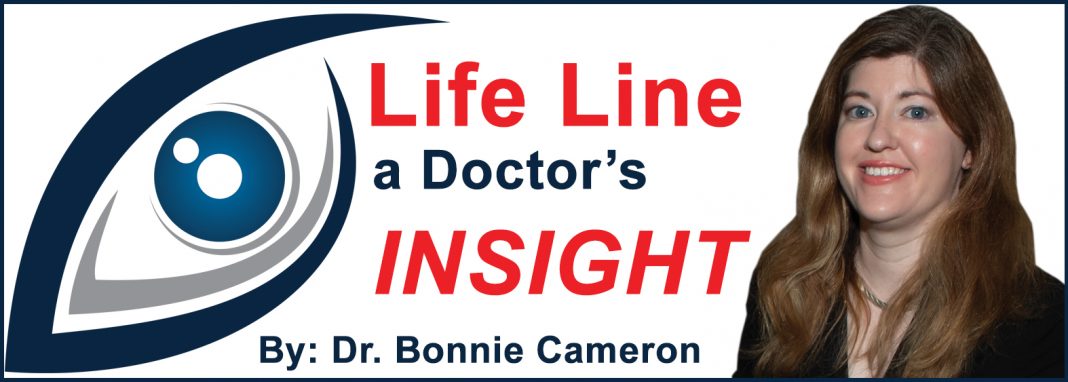Our summer fun will soon turn into a mad scramble to get backpacks, clothes and other supplies ready for the new school year. But one of the most important yet often overlooked necessities for families of school-aged children is healthy vision.
As children grow and change from year to year, so do their eyes and vision. School demands intense visual involvement, including reading, writing, computer and chalkboard/smartboard work. Even physical education and sports require strong vision.
If their eyes aren’t up to the task, a child may feel tired, have trouble concentrating, and have problems in school
Sometimes parents can tell if their child has a vision problem. For instance, their child may squint, hold reading material very close to their face, or complain about things appearing blurry. However, there are some less obvious signs of vision problems.
Here are some signs that could point to possible vision problems in children:
A short attention span. Giving up on tasks that require a lot of visual demand may indicate a focusing or alignment problem.
Avoiding reading and other close activities. Some children may be subtle or obvious about their dislike of reading. These children may also protest or avoid drawing, coloring or other projects that require focusing up close.
Turning their head to one side. Your child may watch TV consistently with their head turned to one side. A child may turn their head to the side when looking at something in front of them. This may be a sign of a refractive error, including astigmatism. Turning their head helps the child see better.
Loss of place when reading. Children that re-read sentences or have to track with their fingers may have poor eye alignment. Focus, tracking, depth perception, and other aspects of vision continue to develop throughout early and middle childhood. Convergence, the ability of both eyes to focus on an object simultaneously, becomes more fully developed by about age seven; this is one reason any problems a child has with focusing or eye alignment should be treated before that age.
Success in school is closely tied to eye health. That’s why it is so important for kids to have regular vision exams with an Optometrist or another professional who is properly trained to assess vision in school-aged children. The earlier a vision problem is found and treated, the better off your child will be—in and out of school.
Remember your child may not know how to vocalize or even realize they have a vision problem. Look for the above subtle signs or simply schedule your school age child for a comprehensive eye examination.















